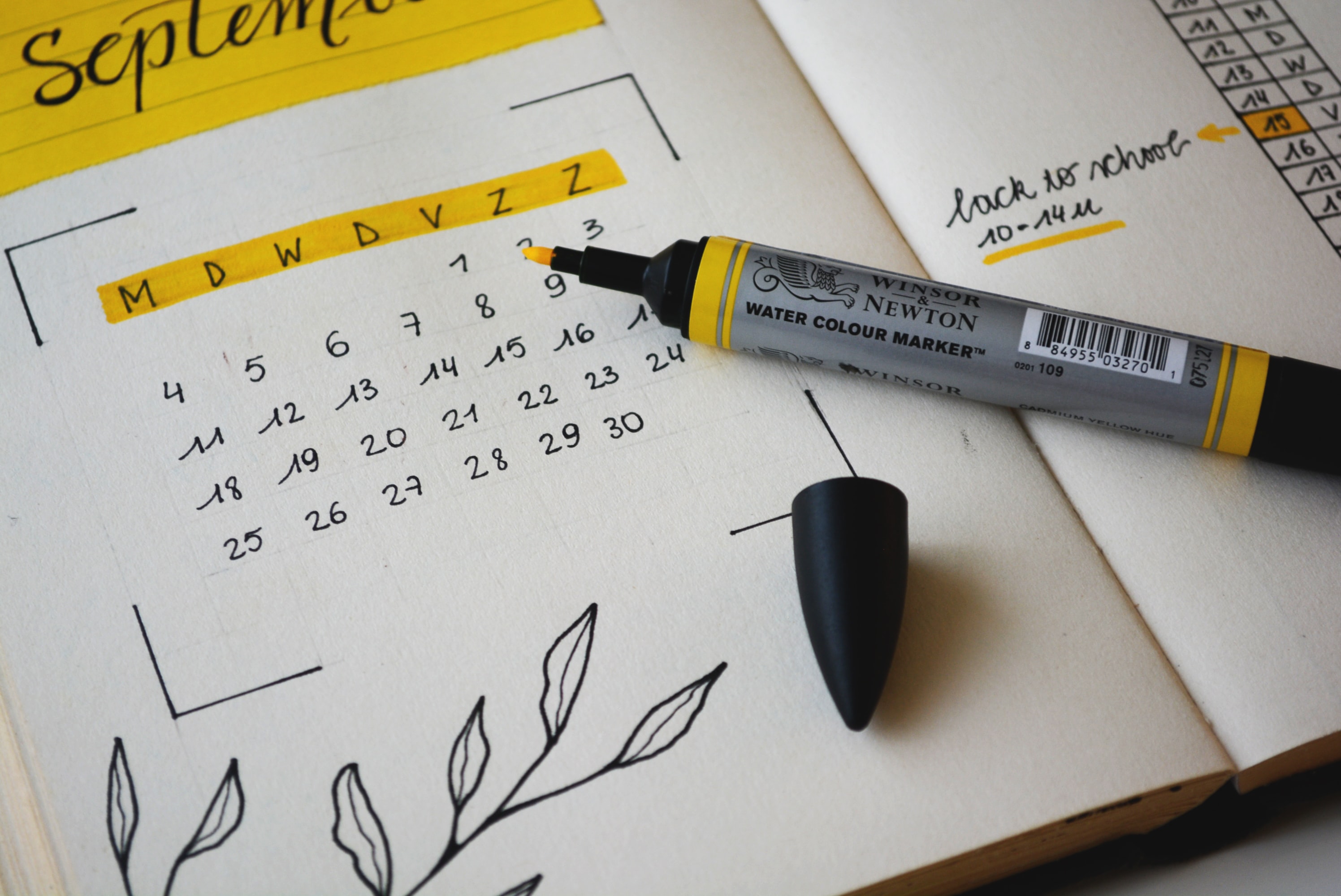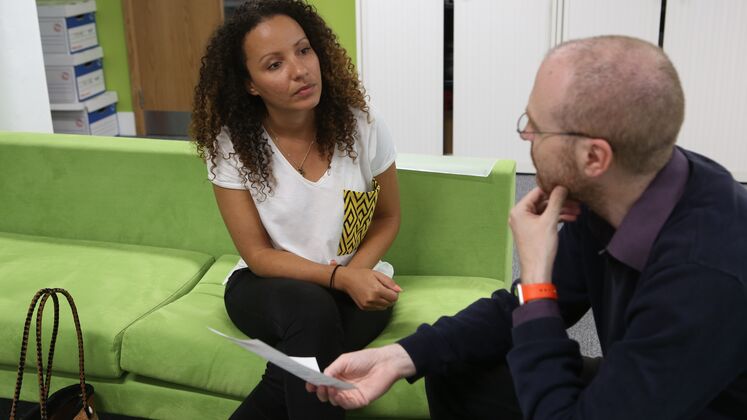A dissertation is one of the most important components of a postgraduate degree programme at LSE. It is an end-of-year piece of written work that requires a student to investigate a specific topic related to the degree the student is studying.
As someone who has never undertaken independent research and writing on this scale, the thought of writing a 10,000-word dissertation continues to terrify me. However, I have found, the more I work towards the dissertation, the more accomplishable it becomes. I am right in the middle of my dissertation process and here are some tips that I would give to incoming students to help them prepare better.
1. Start strong and start early
Many students begin their postgraduate studies with some themes and topics that are of keen interest to them. Some even know that they want to explore these interests in their dissertation. But if you don’t have a theme in mind already, you won’t be alone. The first term essentially allows you to gain a deeper theoretical and technical understanding of the field you are studying and explore areas of interest. However, make good use of the time. Think of topics or themes that are interesting and intriguing to you. You don’t have to start envisioning an entire dissertation on them, but it should be enough to help you build on when the time comes to truly think about what you would like to work on.
2. Make use of your vacation
I think the best time to truly start working on your dissertation is the winter break. Now, I don’t mean to use this time to start writing your dissertation, that is not possible. But this is the best possible time to research more on your interests. Why is that topic interesting? What has been unexplored? How does it relate to what you have studied? How does it contribute to existing literature? All of these are questions you will find useful to answer through the research you conduct. You will find, when the new term begins and the workload starts to get heavier, having done your preliminary research and narrowing down on some topics is very helpful when you begin having discussions with your academic mentor and other potential supervisors.
3. Talk to everyone
Sounding boards are the best resources when trying to narrow down your topic of research for dissertations. Talk to your peers, friends, professors, LSE LIFE, former students, experts in the field (if possible) and anyone else who can make valuable contributions to your thought process. I have found talking to other people about potential research topics has been extremely helpful for me to develop my idea better. These discussions also bring up challenges and issues that I had given no thought to. It might feel silly to talk to other people about something that you are unsure of but that is exactly where this exercise comes in use.
While dissertations are stressful just because of the amount of work it encompasses, you must remember that it’s not an impossible task. Every year students across degrees write their dissertations and many of them do it really well. It’s important to consistently put in work to make it not as stressful as it has the potential to become. Make use of the plethora of resources available to you and believe in yourself.





